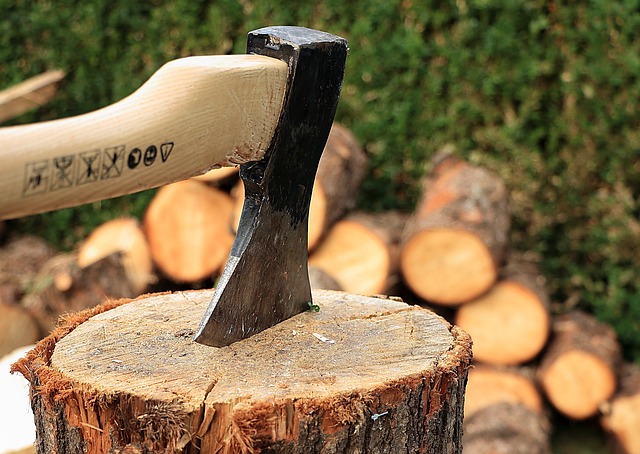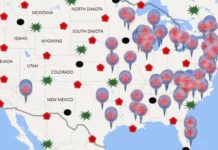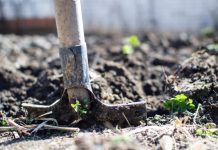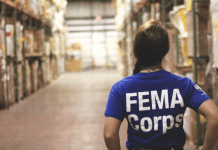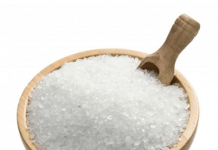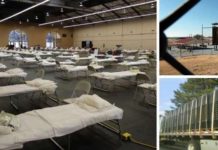Sure, you’ve probably heard that gold is the best monetary object to stockpile. Perhaps you felt confident that if things went awry, you could trade the coins, bars, rings or baubles for necessities like food and clean water. However, gold has one fatal drawback you’ve probably already realized- in a bad situation, most people will also need food and shelter more than money.
While gold has innate value and will be useful when a nation or economy starts to straighten out, bartering will be vital for survival (or at least extremely useful) at first. You should be prepared to haggle for what you need and want and drive a hard bargain. The best way to do this is to hold the best playing chips. Some items are best because they are useful to you but also can be stashed or used readily by others.
Foodstuffs
Having food to barter sounds like a no-brainer in an exchange society. Everyone has to eat, right? However, you want to be prepared with the right kind of food. Luckily, these are mostly foods you can stash ahead of time in case of an emergency.
Hard Grains
The best kind of food commodity to keep is one where the seed is an edible portion of the plant. Think corn masa, oats, rye, legumes, and even some squash. Keep these in water and air-tight containers. You can drive a harder bargain with these because they are useful in two ways. To the person who needs to eat right now and is willing to trade for food, you have food to offer. All of these can be ground, mixed with water and heated to form basic unleavened bread or gruel. They may not be the most appetizing in a world of Chik-Fil-A, but they’re great in a less accessible time.
They are also useful as crop starters for future seasons- even someone with plenty of food now has to plan for the future. (They probably have plenty now because they planned for the future!) Unlike rice and some other commonly stockpiled foods, these types of seeds keep a very long time. Masa (hard corn) and legumes keep an almost indefinite time as viable seeds if stored right.
Related: Farm Free – Free Food – Food Forests
Animal Products


If you’re feeling adventurous, get a male bird as well. This gives you more options for fertilization and increasing your stock should you ever need it. In the meantime, you have access to fresh eggs with almost no care or cost. Be certain that your residential area allows roosters if you opt for chickens, though- some places will only allow hens due to the noise males can create.
Fresh Water


You probably already know that you need access to fresh water in an emergency. It is easier to get by without (and find) food than water. It is a good idea to have some water stored in case of an emergency. Tempting as it may be to rely on boiling as a safe method, it shouldn’t be the only one you have. Boiling is the best way to avoid all possible organic contaminants. However, it won’t filter out solids or chemical contaminants. There will be many people in need of water, and a thirsty person will be willing to trade a lot- think how much people will pay for a bottle of water when they are at a hot baseball game!
There are many cheap water filter options that will process large amounts of water. Some are more convenient than others. The best choice is a gravity filter because it requires less effort on your part long-term. Simply fill the “dirty” bag with contaminated water to be cleaned. Hook up the filter at a level lower than the bag, attached to a clean bag or bottle. Then allow gravity to feed the system. These are usually fast, too, processing gallons in minutes.
Water filter replacement parts keep for years if stored correctly in their original packaging. This means you can purchase a filter system with many replacement filters for a low cost. The dual benefit here is that you can use the filters for yourself and have something to barter without giving away your means of production.
Related: 5 Water Storage Myths
Materials
Lastly, people will need materials and tools to rebuild. When prepping, it can be tempting to prepare for the initial emergency and trust yourself to move forward with bartering from there. The problem is that few people will be prepared with what you need, either. Instead, be ready for the long haul.
If you want to keep things really basic, keep a hatchet, ax, or other tools to create materials. You could also keep a hand-held carder and spinner (for processing fiber into the fabric), but if you are tight on space these may not be as realistic. You can, though, keep multi-use tools and materials around.
Store some material that can be used to create clothing and shelter. Some good options are wool and tyvek. Wool yarn or cloth has many application, because it is warm and retains heat even when wet. Tyvek is waterproof, lightweight, flexible and easy to cut or stitch. It can be made into a variety of shelters relatively quickly and easily. If you feel especially entrepreneurial, you can print out diagrams for clothes and shelters that you can use or copy and sell later. This kind of intellectual property will be just as valuable in a time of need as material goods. Most people don’t know how to design a tent or clothing from scratch.
Intangibles
Have skills you can offer as a service. Think through what you are already good at and choose related skills useful in an emergency. These include knitting or crocheting, hand-sewing, plumbing or basic building engineering and crafting, woodwork, and other basic skills. Most modern citizens don’t know how to do a variety of these things and will need someone to do work for them or teach them how to work. You can provide for yourself and your family more readily if you have skills to sell. You never run out!
If possible, relate these to the materials you stash for the future. You might even preserve a few books on things such as basic gardening, crop yield increase, animal husbandry, crafting or building. Like the seed-foods, these give you options for what and how you barter.
Be Creative
You never truly know what you will need in an emergency beyond the three essentials (food, water, shelter) because you don’t know what will happen where or how others will react. Be creative in your response and don’t forget to focus on building your value as a worker and individual, and not just in material stores.



